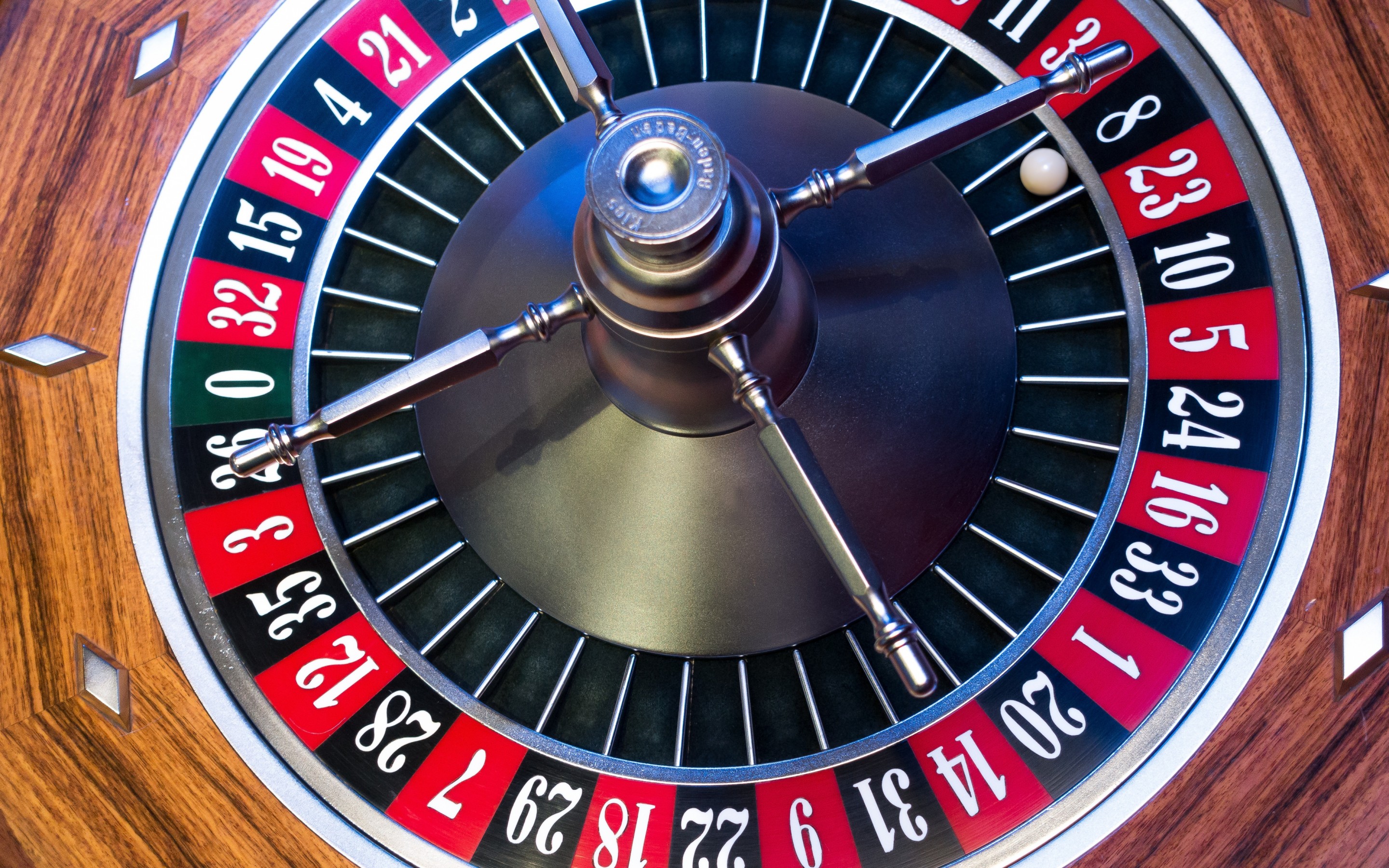The Ethics of Roulette: Balancing Fun and Responsibility

As an exciting casino game, roulette is a game that many people enjoy playing. However, just like any other casino game, there are certain ethical concerns that arise when it comes to playing roulette. In particular, the question of balancing fun and responsibility is a critical one that every player must consider.
At first glance, roulette may seem like an innocent activity where players can easily control their spending limits. However, the lure of winning big, coupled with the adrenaline rush that comes with playing, can quickly turn into a dangerous addiction. This is where ethics come into play. Players need to have a clear understanding of their financial limits and their responsibility towards ensuring that they don’t get carried away with their desire to win.

There are several ethical considerations that players should bear in mind when playing roulette. Firstly, it is important to only ever gamble with money that you can afford to lose. Never gamble with money that you need for essentials such as housing, food, or bills. Secondly, it is essential to determine a reasonable budget of the maximum amount you are willing to lose in a game of roulette. Once you have reached that limit, it’s time to step away from the table – no exceptions. The third ethical consideration is to never chase losses. It’s tempting to keep playing with the hope of recouping your losses. However, chasing losses is a trap that can lead to further financial troubles.
Other ethical considerations when playing roulette include avoiding gambling when under the influence of drugs or alcohol, betting only on games that are fair and transparent, and avoiding participation in any forms of illegal gambling activities.

Additionally, roulette casinos should also be aware of their ethical responsibilities towards their customers. This means implementing strict measures to prevent underage gambling, providing clear and transparent information about their games and odds, and offering responsible gambling resources and support to players who need it.
The ethics of roulette require a fine balance between fun and responsibility. Players must be aware of their limits and be responsible for their actions. Casinos, on the other hand, must prioritize the well-being of their customers by implementing measures that promote transparency and responsible gambling. By working together, players and casinos can ensure that roulette remains a safe and enjoyable game for all.
















